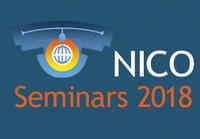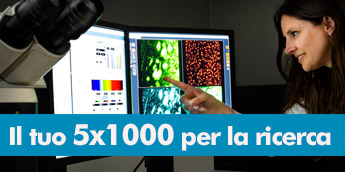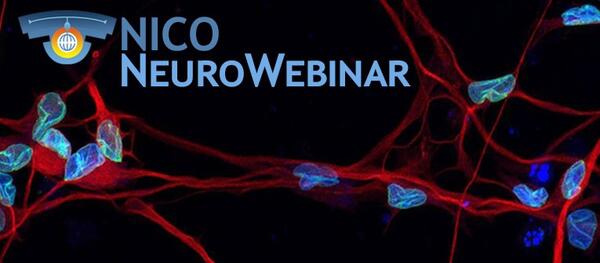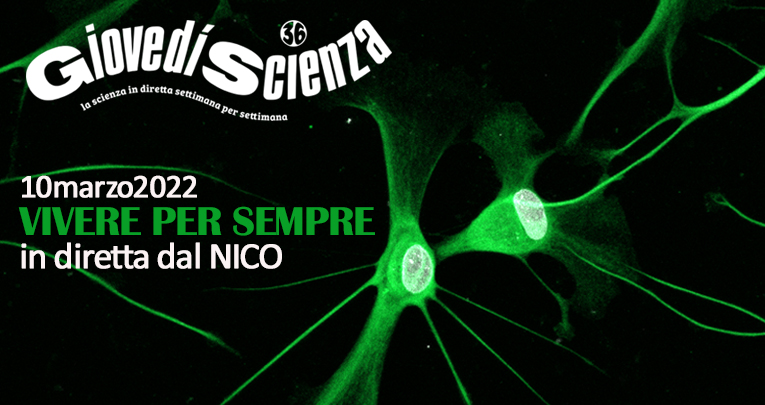Friday, 23rd November – h 2:00 p.m.
Seminars Room, NICO
Amerigo Pagoto
PostDoc, Department of Molecular Biotechnology and Health Sciences, University of Turin
NEURO-PORTRAITS
Imaging applications in CNS diseases
One of the most effective ways to have clear in vivo information about brain pathological conditions is to visualize them. Nowadays, an array of imaging techniques is available and, thanks to their
intrinsic features, each of them is suitable for different applications.
MRI (Magnetic Resonance Imaging), characterized by a great spatial resolution and no limits in tissue penetration, allows to acquire highly resolved brain images without any interference by the
skull. However, one of the main drawbacks of the technique is the low sensitivity: a possible way to overcome the obstacle is to design highly sensitive (and specific) imaging probes. Following the
idea to target “readily available” vascular molecular proteins associated with neuroinflammation, anti-VCAM phospholipidic micelles containing Gd3+ (a positive contrast agent for MRI) were
developed.
Moreover, exploiting the same phospholipidic platform, anti-APOE micelles, able to bind amyloid plaques in AD (Alzheimer Diseases), were designed and tested.
OI (Optical Imaging), by contrast to MRI, is characterized by a very limited tissue penetration but is endowed with high sensitivity. Exploiting the technique it is possible, using an appropriate optical
probe, to localize even small lesions. Unfortunately, OI is suitable just for superficial applications, because the light is scattered and absorbed into the tissues. This is the reason why the optical
applications (and probes) are spreading out for surgical interventions, where the tissue is “visually available”.
Therefore, I will discuss about a project involving optical/surgical probes for the precise detection of glioblastoma multiforme.
During the seminar I will mainly give you an overview of the main neuro-applications I worked on during my Ph.D., together with a brief introduction to novel and ongoing projects.
Host: Silvia De Marchis
Agenda
Area Ricercatori
Guarda il video
GiovedìScienza racconta la ricerca al NICO
Vivere per sempre.
Una popolazione sempre più longeva, i suoi problemi e le risposte della ricerca
Hai perso la diretta? Guarda ora il video di GiovedìScienza al NICO: una puntata in diretta dai nostri laboratori dedicata alla ricerca sull'invecchiamento.










